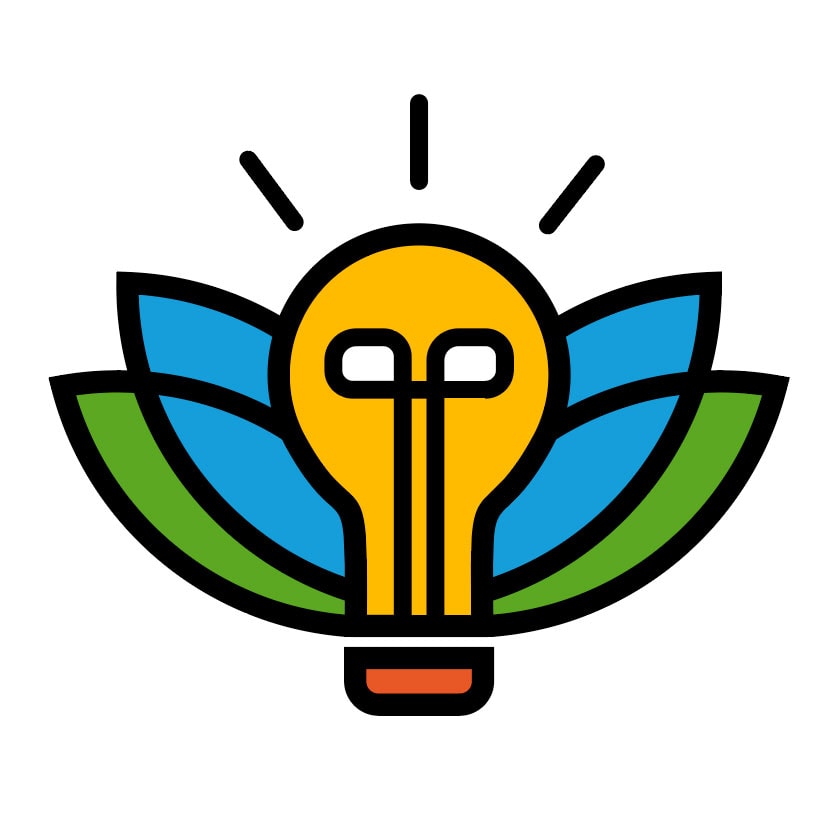Course Content
2.1 Neuroscience for kids
You don't currently have access to this content
2 Topics
2.1.1 Visit the website
You don't currently have access to this content
2.1.2 Reflect on the responses
You don't currently have access to this content
2.2 Ways of Seeing
You don't currently have access to this content
2 Topics
2.2.1 Make the pictures
You don't currently have access to this content
2.2.2 Make a slideshow
You don't currently have access to this content
2.3 I know I can, a story
You don't currently have access to this content
2 Topics
2.3.1 Read ‘Little engine story
You don't currently have access to this content
2.3.2 ESSAY | Evaluate
You don't currently have access to this content
2.4 Serendipity
You don't currently have access to this content
2 Topics
2.4.1 Watch the video
You don't currently have access to this content
2.4.2 Apply the tips
You don't currently have access to this content
2.5 Reframing experiences as opportunities
You don't currently have access to this content
1 Topic
2.5.1 Read the article
You don't currently have access to this content
2.6 Positive strokes – positive language for learning
You don't currently have access to this content
2 Topics
2.6.1 Watch the video – add link to affirmations
You don't currently have access to this content
2.6.2 Evaluate
You don't currently have access to this content
2.7 Taking a good look around – 360 degree analysis
You don't currently have access to this content
2 Topics
2.7.1 Looking back
You don't currently have access to this content
2.7.2 ESSAY | Evaluate
You don't currently have access to this content

